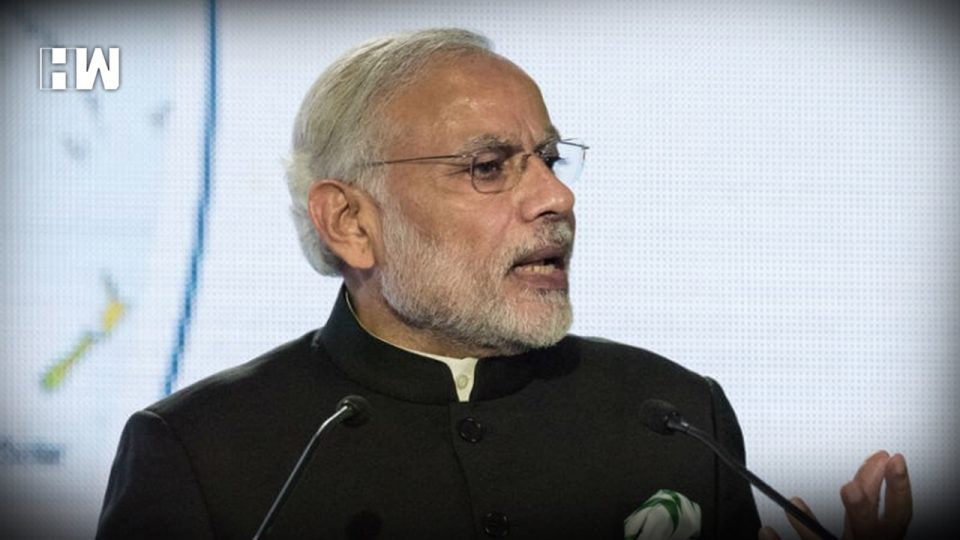Prime Minister Narendra Modi has rejected the opposition charge of lack of employment generation, citing data provided by state governments to ask how the Centre could create joblessness if the states are creating “good numbers of jobs”.
He also said that the lack of data on jobs had given the opposition the opportunity “to paint a picture of their choice”.
To double farmer income by 2022, his government is following a four-pronged strategy, which seeks to decrease input cost, ensure proper prices for the produce, minimise harvest and post-harvest losses and create more avenues for income generation, the prime minister said in an interview to Swarajya magazine.
Responding to a question on job employment, he said there is lack of consistency in the political debate around job creation.
“We have data put out by state governments on employment. For example, the previous Karnataka government claimed to have created 53 lakh jobs. The West Bengal government said it created 68 lakh jobs in the last term.”
“… if states are all creating good numbers of jobs, is it possible that the country is not creating jobs? Is it possible that states are creating jobs but the Centre is creating joblessness?” he wondered.
More than a lack of jobs, the issue is lack of data on jobs, he pointed out.
“Our opponents will naturally exploit this opportunity to paint a picture of their choice and blame us. I don’t blame our opponents for blaming us on the issue of jobs, after all no one has an accurate data on jobs. Our traditional matrix of measuring jobs is simply not good enough to measure new jobs in the new economy of New India,” the prime minister said.
In support of his argument, Modi said there are close to three lakh village-level entrepreneurs running Common Service Centres across the country and also creating more employment.
“Start-ups are working as job multipliers and there are around 15,000 start-ups, which the government has helped in some way, and there will be many more operational. Aggregators of various kinds employ thousands of youth,” he said.
More than 41 lakh formal jobs, Modi said, were created from September 2017 to April 2018 based on EPFO payroll data.
According to a study based on EPFO data, more than 70 lakh jobs were created in the formal sector last year.
“Now, you know that informal sector constitutes around 80 per cent of all jobs … job creation in the formal sector can have a spinoff effect on job creation in the informal sector … If 41 lakh jobs were generated in the formal sector in eight months, how much would be the total formal plus informal sector jobs?” he said.
With more than 12 crore loans given under Mudra micro loans, “would it be unfair to expect that one loan would have created or supported means of livelihood for at least one person?” Modi asked
On the issue of doubling farmers’ income Modi said farmers were earlier forced to do farming which was unscientific and they had to often had to face ‘lathis’ for getting urea.
Now, efforts are being made to make farming scientific, he asserted.
“Shortage and scarcity of urea is a thing of past and neem-coated urea is improving productivity. Now the farmer has a holistic crop insurance cover with PM Fasal Bima Yojana,” he said.
On minimum support price, the PM said they will get minimum support price of 1.5 times their cost.
He also urged the private sector to increase investment in agriculture.
“In India, private sector investment is only 1.75 per cent of total investment in agriculture. From technology to food processing and from modern machinery to research, there is huge scope for the private sector.”
“If the market savviness and global best practices orientation of the private sector meet the hard work and determination of our farmers, it is a win-win for both the farmers and the private sector,” the prime minister said.
As an independent media platform, we do not take advertisements from governments and corporate houses. It is you, our readers, who have supported us on our journey to do honest and unbiased journalism. Please contribute, so that we can continue to do the same in future.

